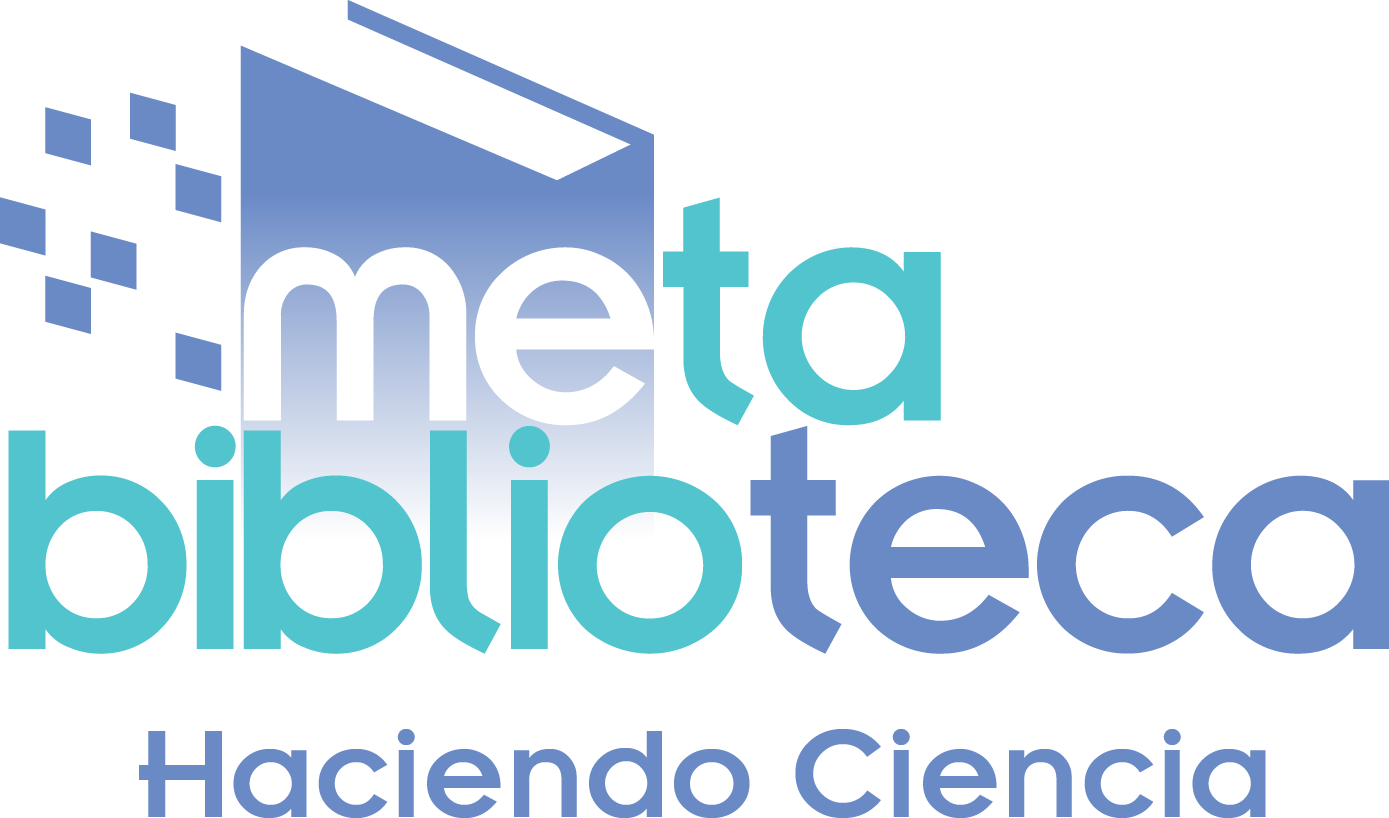MEJORAMIENTO DE LA CALIDAD MICROBIOLÓGICA DE BIOSÓLIDOS GENERADOS EN PLANTAS DE TRATAMIENTO DE AGUAS RESIDUALES DOMÉSTICAS (MICROBIOLOGICAL QUALITY IMPROVEMENT OF BIOSOLIDS FROM DOMESTIC WASTEWATER TREATMENT PLANTS)
MEJORAMIENTO DE LA CALIDAD MICROBIOLÓGICA DE BIOSÓLIDOS GENERADOS EN PLANTAS DE TRATAMIENTO DE AGUAS RESIDUALES DOMÉSTICAS (MICROBIOLOGICAL QUALITY IMPROVEMENT OF BIOSOLIDS FROM DOMESTIC WASTEWATER TREATMENT PLANTS)


This work is licensed under a Creative Commons Attribution-NonCommercial-NoDerivatives 4.0 International License.
Copyright statement
The authors exclusively assign to the Universidad EIA, with the power to assign to third parties, all the exploitation rights that derive from the works that are accepted for publication in the Revista EIA, as well as in any product derived from it and, in in particular, those of reproduction, distribution, public communication (including interactive making available) and transformation (including adaptation, modification and, where appropriate, translation), for all types of exploitation (by way of example and not limitation : in paper, electronic, online, computer or audiovisual format, as well as in any other format, even for promotional or advertising purposes and / or for the production of derivative products), for a worldwide territorial scope and for the entire duration of the rights provided for in the current published text of the Intellectual Property Law. This assignment will be made by the authors without the right to any type of remuneration or compensation.
Consequently, the author may not publish or disseminate the works that are selected for publication in the Revista EIA, neither totally nor partially, nor authorize their publication to third parties, without the prior express authorization, requested and granted in writing, from the Univeridad EIA.
Show authors biography
Uno de los principales problemas de calidad que presentan los biosólidos de plantas de tratamiento de aguas residuales domésticas –PTAR– es el contenido de microorganismos patógenos que los clasifica en muchos casos como Clase B con restricción para uso agrícola. Este estudio evaluó la estabilización alcalina de los biosólidos de la PTAR Cañaveralejo (Cali, Colombia) para mejorar su calidad microbiológica, empleando dos tipos de cal (hidratada y viva) en dosis entre 8 y 25 % y dos tipos de ceniza con dosis entre 8 y 40 % en unidades experimentales de 0,2 m2 con un tiempo de contacto de 13 días. Los resultados mostraron que con cal se logró reducción total de las variables de respuesta evaluadas (coliformes fecales, Salmonella sp y huevos de helmintos), mientras que el poder alcalinizante de las cenizas evaluadas fue insuficiente. El biosólido higienizado con cal presenta alto potencial de uso agrícola por su calidad microbiológica y por el contenido final de materia orgánica y nutrientes (N, P) que pueden beneficiar los suelos, pero es recomendable evaluar la optimización a escala piloto de la dosificación de cal y la aplicación del biosólido en diferentes tipos de suelos y cultivos para precisar los beneficios o medidas preventivas antes de la aplicación.
Abstract: One of the main quality problems of biosolids from domestic wastewater treatment plants –WWTP– is the high concentration of pathogens, often classified as a class B, with restriction for use in agriculture. This study evaluated the alkali stabilization of biosolids from Cañaveralejo wastewater treatment plant (PTAR-C), located in Cali, Colombia, in order to improve their microbiological quality using two types of lime (quick and hydrated) with doses between 8 to 25 % and two types of ash with 8 to 40 % as doses, in experimental units 0,2 m2with 13 days of contact time. The results showed that both type of lime reached the total reduction of evaluated monitoring variables (faecal coliforms, Salmonella sp, helmints eggs) while the alkali power of ashes were lower. The obtained biosolids treated with lime have a high potential use in agriculture purposes for the good microbiological quality, and for the organic matter and nutrient content (N, P) that can generate benefit to the soil, but it is recommendable to evaluate at pilot scale the lime doses and application of biosolid in different soils types and crops in order to precise the benefits or prevent measurements before application of material in soil.
Article visits 969 | PDF visits 469
